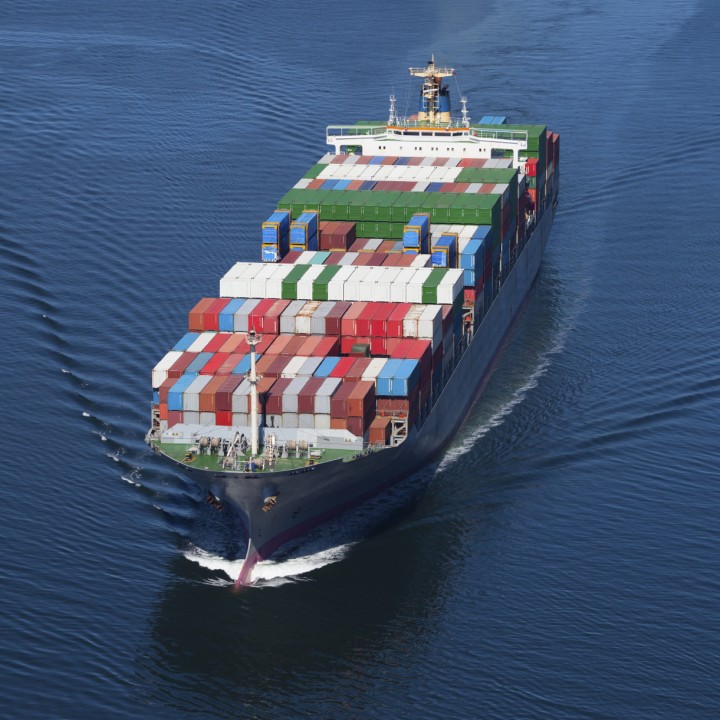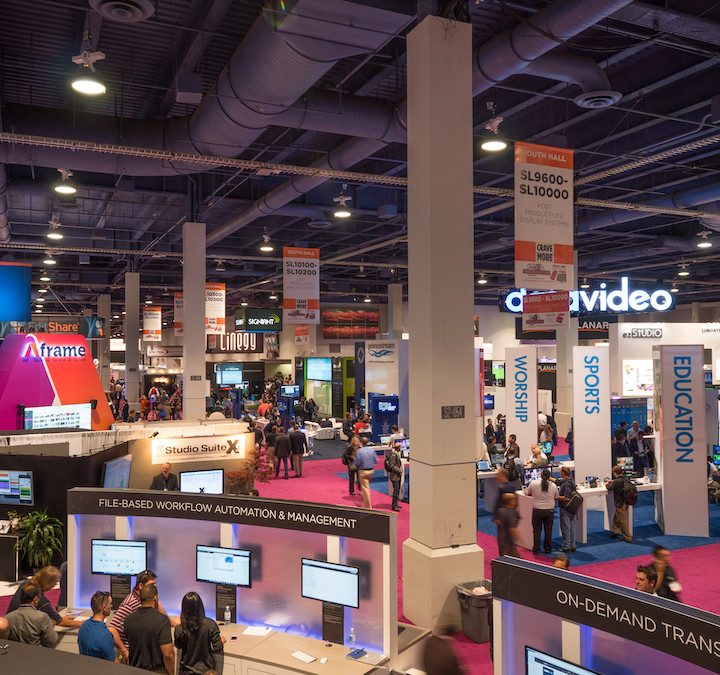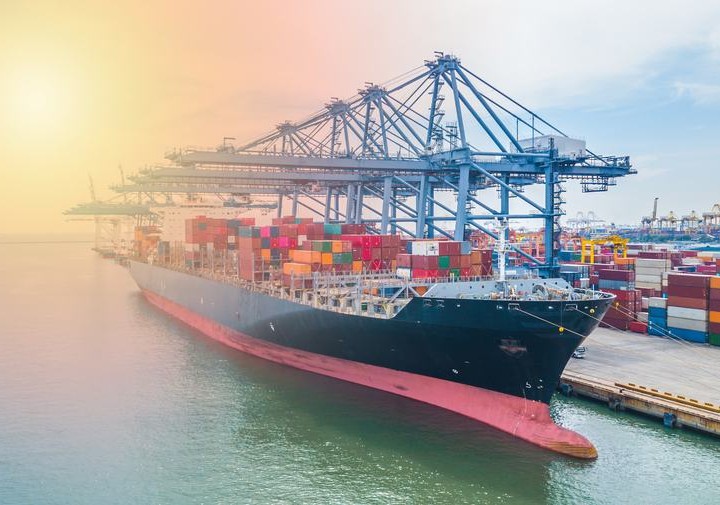What Freight Companies Your Business Should Utilize
Businesses have many shipping options available for moving goods between locations. The post office delivers small parcels to individual addresses, while freight companies move entire shipping containers across oceans. There are several other options between parcel and freight, too.

Which shipping services your business should use depends on what it’s shipping, how much it’s shipping, and where those shipments are going. Here’s a rundown of the main shipping services you might want to consider.
Parcel Post: Small Packages
Parcel post remains the go-to for most small packages. This includes the post office and its competitors, which all have systems that excel at moving individual boxes between specific addresses. Boxes can be sent to either commercial or residential addresses.
Even if it’s not your business’s main shipping service, you’ll undoubtedly use parcel post when you need to send individual packages. You may even rely exclusively on them if you run a business-to-consumer business where only a few items are purchased with each order.
Less-Than-Truckload: Growing Businesses
Less-than-truckload (LTL) shipping allows your business to take advantage of over-the-road trucks, without paying for a full trailer that you don’t need. Your business pays for the space it uses in a trailer, and goods from other businesses fill up the rest of the space. It’s sharing a tractor-trailer.
LTL shipping is especially useful for growing businesses, which often have shipments that are more than a package but less than a trailer. You can also scale shipments as your business grows. Established businesses might use this shipping method for smaller commercial orders, or orders of specialty supplies.
Truckload: Domestic Commercial Orders
Truckload shipping is similar to LTL shipping but provides slightly better rates. Freight companies only have to make one stop for loading and one for unloading, so they can charge a bit less.
Established businesses with regional or national reach often use truckload shipping. You might rely on it to provide quantity discounts on larger commercial orders that take up a trailer. Your business also will likely want to receive a full trailer of supplies, in order to reduce costs.
Rail: Regular Large Shipments
Rail isn’t as flexible as LTL and truckload shipping, but it’s more economical for regular and large shipments. Trains run much more efficiently than trucks.
Not all businesses use rail shipping, but it’s helpful when sending regular shipments between business locations. These might be to your business locations, or to a customer that has a large standing order each week or month. Rail is most common in industries such as construction, where the materials are especially large and heavy.
Container Ship: Large International Shipments
For international shipments that cross the Atlantic or Pacific, a container ship is the most efficient. Shipments take a long time, but you can still receive goods so long as your business plans ahead. No other overseas method beats these rates, and both full containers and partial containers are available.
If your business receives inventory from an overseas manufacturer or supplier, the shipments will likely be sent by container ship. Be prepared to have a third-party freight company receive the goods at a domestic port. Fewer businesses in North America send shipments by container ship.
Air: Expedited Shipments
Air is the most expensive shipping option, but it’s also the fastest for regional, national, and international. Your business might occasionally have to send goods by air when there are rush orders. Don’t regularly plan on this option, though.
Freight Companies Handle It All
Assuming your business has multiple shipping needs, you should look for a freight company that offers all of these shipping services (except parcel post). At AMR Group, we combine LTL, truckload, rail, container ship, and air shipping as needed for a comprehensive solution. Contact us today to learn how we can create a customized shipping solution for your business.








